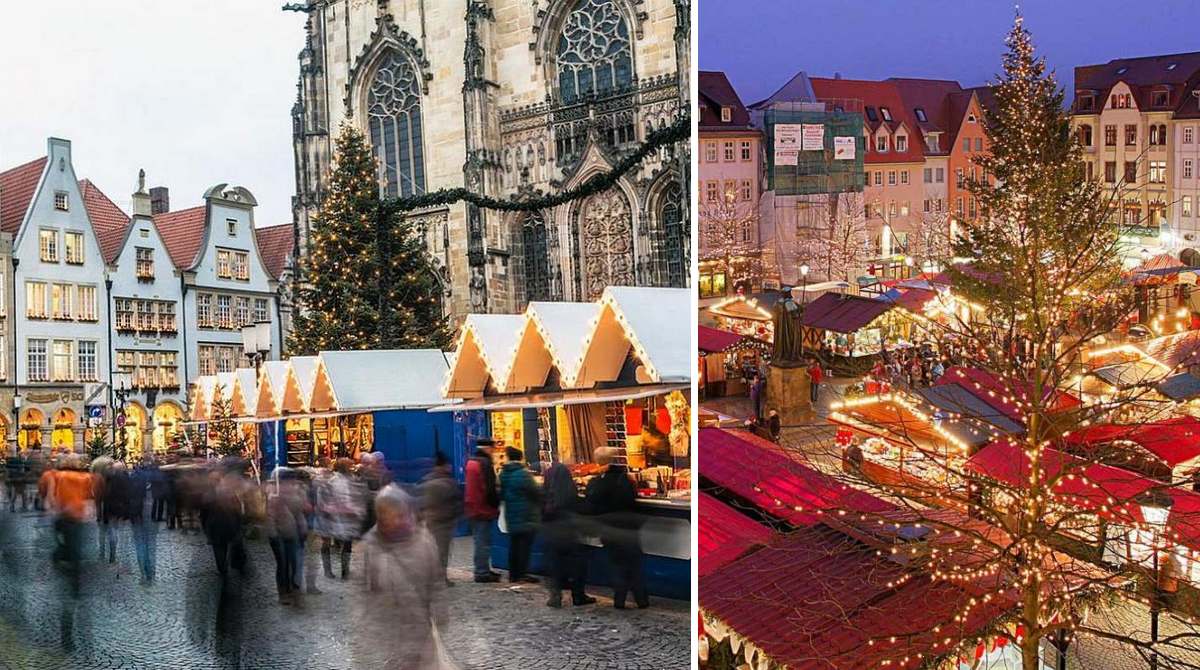Videos on TikTok and posts on X claim that “hundreds of Christmas markets in Germany are cancelled this year due to terrorism.”
However, a Deutsche Welle investigation found these claims to be false.
Germany hosts more than 2,500 Christmas markets annually, including Dresden’s historic Striezelmarkt, attracting about 2.5 million visitors.
Only a handful of smaller local events were cancelled — such as the Rostock historical market (due to renovations) and the Bodelschwing Castle market in Dortmund (under construction until 2026).
The Source of Disinformation
The viral claim originated from Duna Press, which falsely reported that “Germany is cancelling its 2025 Christmas markets.”
The story cited non-existent towns like “Reinfeld” and “Schongau.” Local authorities confirmed that markets will go ahead as planned.
Security Costs Are Rising, Not Christmas Spirit
Security budgets have indeed increased after terror attacks in Berlin (2016) and Magdeburg (2024).
For instance, Magdeburg’s market now spends about €150,000 on security, nearly double last year’s cost.
However, this does not mean the markets are cancelled — many municipalities simply scaled down events or received funding assistance.
How Disinformation Spreads
Fake stories about “banning Christmas” often aim to stir anti-migrant sentiment and political polarization.
Deutsche Welle emphasized that such content exploits emotional reactions to erode trust in institutions.
In short — Christmas is still coming to Germany. Markets in Berlin, Munich, Cologne, Nuremberg, and Dresden will open from late November, featuring traditional foods, crafts, and festive lights.

